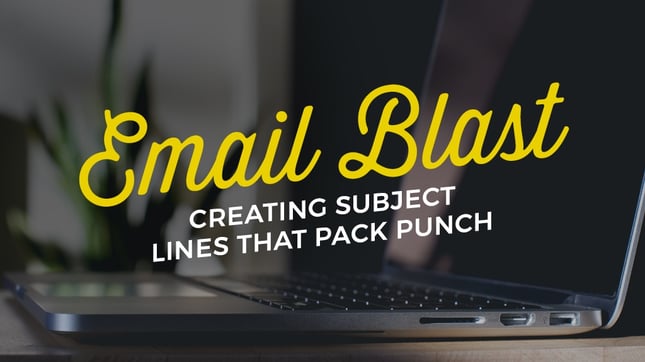Guest column by Lisa Sasevich
 As a marketing speaker, during presentations I often have the occasion to mention other people. You have those opportunities every day too. You may do this through a success story one of your clients enjoyed or by sharing a quick anecdote.
As a marketing speaker, during presentations I often have the occasion to mention other people. You have those opportunities every day too. You may do this through a success story one of your clients enjoyed or by sharing a quick anecdote.
In either case, mentioning other people can bring great rewards. Here are three categories of people to mention in your sales presentations, why you should do it and how it benefits you and your audience:
1. Your Mentors
When you mention your mentors, you establish the value of having a mentor. When you're on stage, your audience sees you as a role model. You inspire them. If even you have a mentor, the prospect would think, it must be worthwhile. Thus, by mentioning your mentor, you demonstrate that having one is worth the investment. And that subtly encourages prospects to consider more closely the possibility of having you as theirs.
When you mention your mentor, you also show your vulnerability. I've written before about the power of vulnerability and transparency for establishing a connection with your audience. You're saying to them, "Yes, I have accomplished a lot, but here I am. I'm just like you."
When you're being transparent and sharing your own growth, you're also establishing the credibility that you are an action-taking, decision-making person who invests in growth...just like you'll be recommending to them.
2. Your Clients
Success stories remind us all that we are capable. Success stories, before and after stories involving your clients, are particularly powerful because they clearly authenticate the transformative value of what you're offering. So, when you talk about the success of your clients, not only are you establishing your credibility as an expert who is showing people how to get results, but you're expanding what the prospects think they might be capable of. They're sitting there thinking: "If her client had that result, I could too!"
When you mention your clients, you also give them exposure. That's wonderful for your clients, who are grateful, and it also lets prospects know that you might be mentioning them in later talks.
By sharing the stories of your clients, you may even create a little healthy competition among new clients for success. Whenever I step into a new mentorship relationship, I always have that little thought, "I want to be the biggest success story they have!".... Don't you?
3. Other Experts
Some people don't want to mention other experts because they think it diminishes them, when the opposite is actually true. When you mention those high-level people, not only are you giving credit where credit is due, but you associate yourself and uplevel yourself with them. For instance, if you say that, "Dan Kennedy says that the fastest way to grow your business is to go on the road and speak," it puts you and Dan on the same level.
However...Don't Forget Yourself!
When you're mentioning others in your presentation, don't go overboard and exclude your own stories. They are powerful, too, for conveying your authenticity, vulnerability, and establishing your credibility. But beyond that, they create a feeling of connectedness with your audience by bringing you into intimate contact with everyone who's listening. As I've written before, that's powerful!
So, mention your mentors and other experts, share the stories of your clients along with your own, and, like your new clients, you'll find results beyond what you thought was possible too!
---
Sales-from-the-podium expert Lisa Sasevich has x-ray vision for seeing the sales opportunities that exist in every company, and the creativity to convert them into gold! If you're looking for simple, quick and easy ways to boost sales without spending a dime, get your FREE Sales Nuggets now at http://www.theinvisibleclose.com/
 I got a phone call a few days ago from my friend Steve who is a fellow independent professional. He said to me at the beginning of the call, "David, I'm calling you as a reference."
I got a phone call a few days ago from my friend Steve who is a fellow independent professional. He said to me at the beginning of the call, "David, I'm calling you as a reference."

 As a marketing speaker, during presentations I often have the occasion to mention other people. You have those opportunities every day too. You may do this through a success story one of your clients enjoyed or by sharing a quick anecdote.
As a marketing speaker, during presentations I often have the occasion to mention other people. You have those opportunities every day too. You may do this through a success story one of your clients enjoyed or by sharing a quick anecdote.

